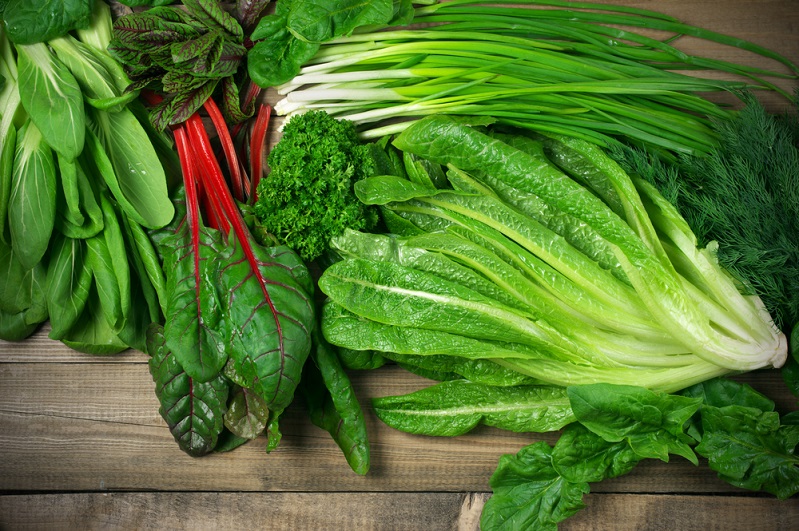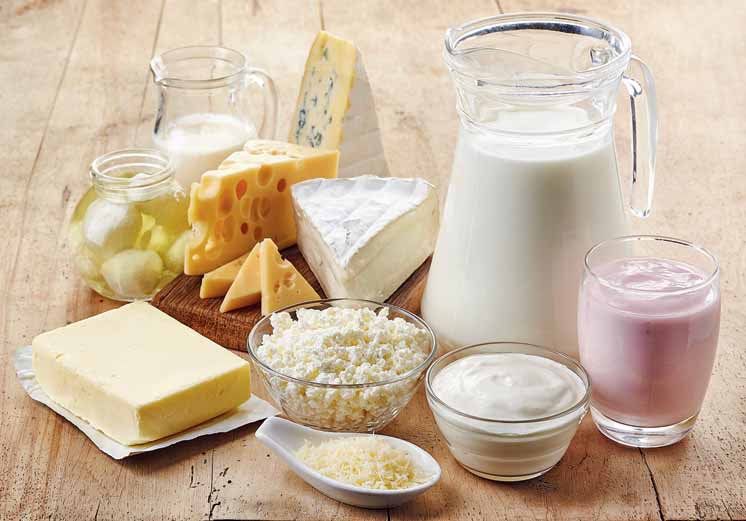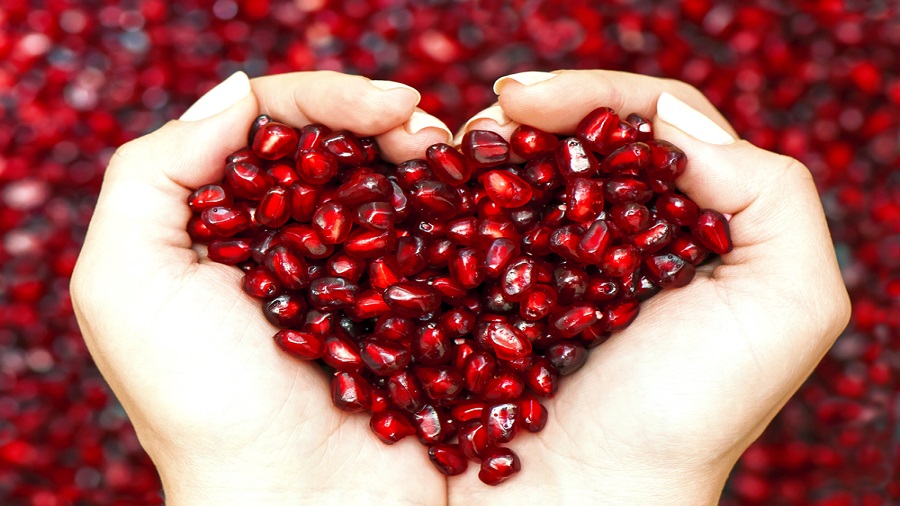Cardiovascular disease (CVD) is the number one cause of death on this planet and claims 17.9 million lives each year. September 29 has been designated World Heart Day and, through this day, we aim to educate people that by controlling risk factors such as tobacco use, unhealthy diets and physical inactivity, at least 80 per cent of premature deaths from heart disease and stroke could be avoided.
Mortality data shows that more than 60 per cent of all deaths in India are due to lifestyle diseases and, out of these, 26 per cent deaths are because of CVD. However, the good news is that coronary artery disease, which is the most prevalent form of CVD, is completely reversible and preventable.
Causes of Coronary Artery Disease
Let us understand how blockages in our arteries are created and how food can reverse these blockages. The innermost lining of our arteries is made up of endothelial cells. Experts agree that the inception of coronary artery disease occurs with damage to the endothelial lining of arteries. The first step is the damage to the endothelial cell wall.
Our food is one of the main contributors to the damage of endothelial cells. A diet that is filled with oils, deep-fried foods, too much meat, fish, animal protein, dairy products, sugar and caffeine will initiate endothelial injury and depletes mechanisms that protect endothelium.
Why so? Because such a diet diminishes production of nitric oxide, a gas which is the guardian and life jacket of our blood vessels, which starts a spiralling cascade of injury and disease of the arterial wall. Because of years of eating such processed, packed and deep-fried foods, we develop blockages in our arteries.
Apart from food, lifestyle habits like smoking, being inactive and taking excessive stress can also add to the formation of plaques in arteries and veins. According to the latest studies on nutri-genomics, we now understand that any food we eat can either heal our arteries or can damage our arteries. This means when we eat foods like fruits and vegetables, it can clear our arteries and when we eat unhealthy foods it can trigger more blockages and thereby increases issues like high blood pressure and heart diseases.
Nutrigenomics is a science that teaches us how food can change our genes. Dr Dean Ornish is one of the leading cardiologists of the world and is consulted by people like Bill Clinton and Barack Obama. He treats all his patients with food and exercise. He has tried to show in July 1990 that a three-month, plant-based diet, that is, one built around fruits and vegetables and no intake of dairy, animal protein or processed foods can start reversing coronary artery disease.
We, however, still have so many people suffering from heart problems because of lack of awareness or knowledge. I firmly believe that the first step to reversing lifestyle diseases is empowering ourselves with the right information. In this column, I share with you five foods that you should eat to reverse coronary artery disease and five foods you should avoid since they can increase your risk (see 5 Foods To Add To The Diet and 5 Foods To Stay Away From).
Today, we live in the age of information, when ignorance can only be a choice. Science has proven with enough research how powerful plant-based foods are to prevent and reverse coronary artery disease. I sincerely hope all of us can understand and apply this information in our lives so that as a community we all can live healthier and happier.
Karan Kakkad is a nutrigenomics and disease reversal expert. His passion in medical nutrition led to the birth of Reverse Factor, which is backed by extensive research in nutrigenomics — the scientific study of the interaction of nutrition and genes. Visit www.reversefactor.in for more information. He tweets @karan_kakkad

Green leafy vegetables are high in vitamin K and nitrates, which can help reduce blood pressure and improve arterial function. Shutterstock
5 foods to add to the diet
- Green leafy vegetables: Green leafy vegetables are high in vitamin K and nitrates, which can help reduce blood pressure and improve arterial function.
- Nuts and seeds: Nuts and seeds contain high amounts of Omega-3 fatty acids which are beneficial for the heart.
- Beetroot: Beetroot juice is one of the richest dietary sources of nitrates, which help improve blood flow and heart health. As such, the nitrates in beet juice may help improve blood flow and exercise ability in patients with heart failure.
- Pomegranate: Pomegranate protects the heart and arteries. It improves blood flow and keeps the arteries from becoming stiff and thick. It may also slow the growth of plaque and build-up of cholesterol in the arteries.
- Carrots: As an excellent source of potassium, carrot juice can help you maintain a healthy cholesterol level. Lower cholesterol levels reduce your risk of heart disease and stroke.

Milk and other dairy products are the top sources of artery-clogging saturated fat. Milk products also contain cholesterol. Sourced by the Telegraph
5 foods to stay away from
- Deep-fried foods: Fried foods increase the risk of heart attack and stroke because of the high content of saturated fats. And the more fried foods you eat, the greater your risk.
- Processed or junk foods: Trans fats in these foods increase obesity, diabetes and hyperlipidaemia risk and the high salt content increases blood pressure.
- Animal proteins: Excessive amount of animal foods seem to injure blood vessels.
- Sugary products: High amounts of sugar overload the liver. Over time, this can lead to a greater accumulation of fat, which may turn into fatty liver disease, a contributor to diabetes, which raises your risk for heart disease.
- Dairy products: Milk and other dairy products are the top sources of artery-clogging saturated fat. Milk products also contain cholesterol. Diets high in saturated fat and cholesterol increase the risk of heart disease.










